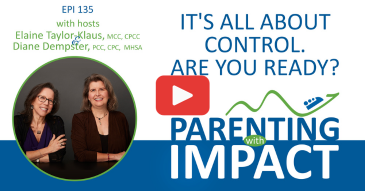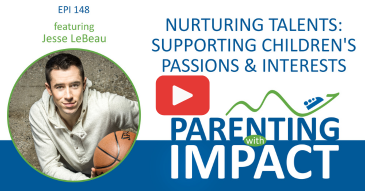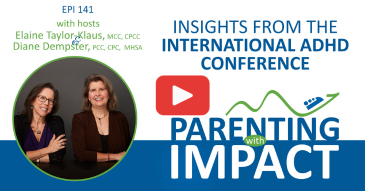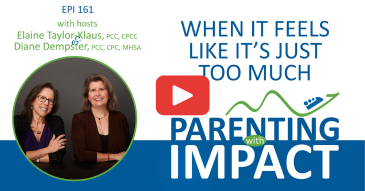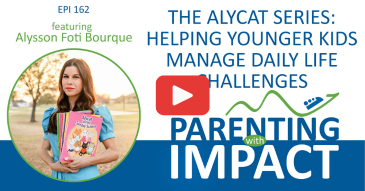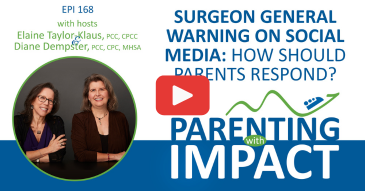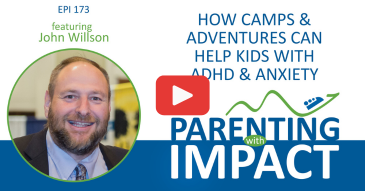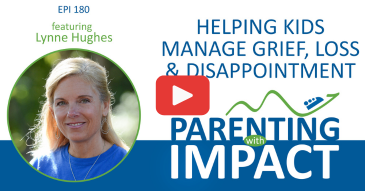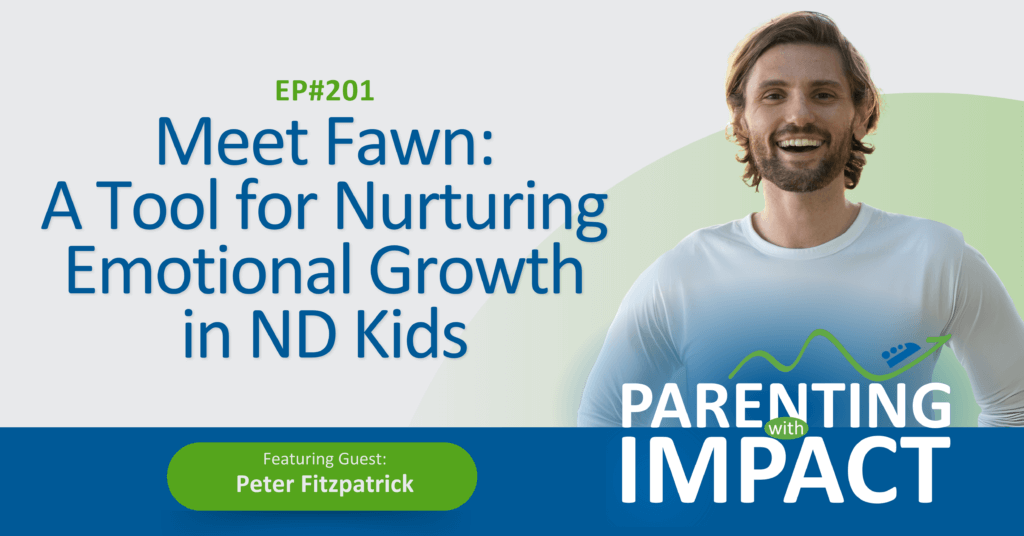Get Specialized Expert Parenting Guidance
Welcome to the blog at ImpactParents! If you've got a complex kiddo (age 4-44), you're in the right place! What makes a kid complex? Neurospicy kids struggle with life, learning, behavior and/or social skills. Maybe they have ADHD, Anxiety, Depression, Autism, or learning difficulties. Or maybe they have other issues that challenge their Executive Function.
And whatever is causing these amazing children, teens, and young adults to struggle, since 2011 we have been committed to helping their parents stay sane in the process of raising them. Even more, we help parents get the practical advice they need to feel more inspired and more empowered … so you can help your kids become the best they can be! And yes, we help the professionals who support them, too!
That's because we parents of complex kids (yes, we're moms, too, right here with you!) need more than information to help our kids.
We need help figuring out HOW to do what the experts tell us -- in a way that works for our families, not just in a textbook! We need community and support. We need accurate education (did you know that training for you is actually recommended treatment for your kids?). And we need some good old fashioned coaching to help us apply what we learn so we can do the best for our amazing kiddos.
And that's what makes this blog different from many others. Sure, we have a team of hundreds of Guest Experts who provide you with cutting edge information about your child's challenges. We've got decades of experience. We've supported hundreds of thousands of parents worldwide, and trained thousands of professionals.
BUT what makes us really different is that at ImpactParents, we bring parenting expertise, evidence-based coaching skills, and an understanding of neurodiversity to everything we do.
The Impact Model guides our community to take a collaborative, problem-solving, coach-approach when raising complicated and fascinating kiddos. Our blogs reinforce and demonstrate that Model -- so that you can foster independence, improve communication, and empower your kids to reach their full potential -- no matter what challenging behaviors you're dealing with!
In a nutshell, we hope you'll keep reading, because we promise that this blog can help you:
- Improve communication and have better conversations (and relationships) with your children and with each other;
- Make more comprehensive, well-informed decisions for your family;
- Understand your kiddo (at any age or stage) and learn strategies to foster their independence and personal success.
**If you like our posts and wish to reprint one, please contact us to let us know. You can include the following 'blurb' along with the article in its entirety: "This article originally appeared on ImpactParents.com and is reproduced with permission of ImpactParents."
Search the Blog:
- Show All Focus Areas
- Challenging Behaviors
- Diagnosis & Treatment
- Executive Function
- Must Reads
- Relationships
- School Issues
- The Parents' Experience
It’s All About Control: Are You Ready? (podcast #135)
Every parent sets goals for their children, but it’s really up to them to set and achieve…
Nurturing Talents: Supporting Children’s Passions and Interests (podcast #148)
Feeling supported is a critical component of any children’s development. Whether it’s parents, friends, or family, just…
What Support do ADHDers Need? Book Smarts or Street Smarts? (podcast #141)
We’ve all heard about “street smarts” versus “book smarts,” with varying opinions on which is more valuable…
Parenting: When It Feels Like It’s Just Too Much (podcast #161)
Parenting is never simple or easy, with constantly changing variables and behaviors from your children. It’s so…
The Alycat Series: Helping Younger Kids Manage Daily Life Challenges (podcast #162)
Small daily challenges are a regular occurrence in the world, no matter your age! That means it’s…
Surgeon General Warning on Social Media: How Should Parents Respond? (podcast #168)
Social media influences just about every corner of our lives and every person in our lives —…
How Camps & Adventures Can Help Kids with ADHD & Anxiety (podcast #173)
Parenting a neurodiverse child with ADHD, anxiety, or learning differences means each condition comes with its own…
Helping Kids Manage Grief, Loss & Disappointment (podcast #180)
Handling grief is a difficult task no matter what season of life you’re in, and it can…
Meet Fawn: A Tool for Nurturing Emotional Growth in ND Kids (podcast #201)
Parenting in today’s world can feel more complex than ever, especially for those raising neurodivergent kids. In…

